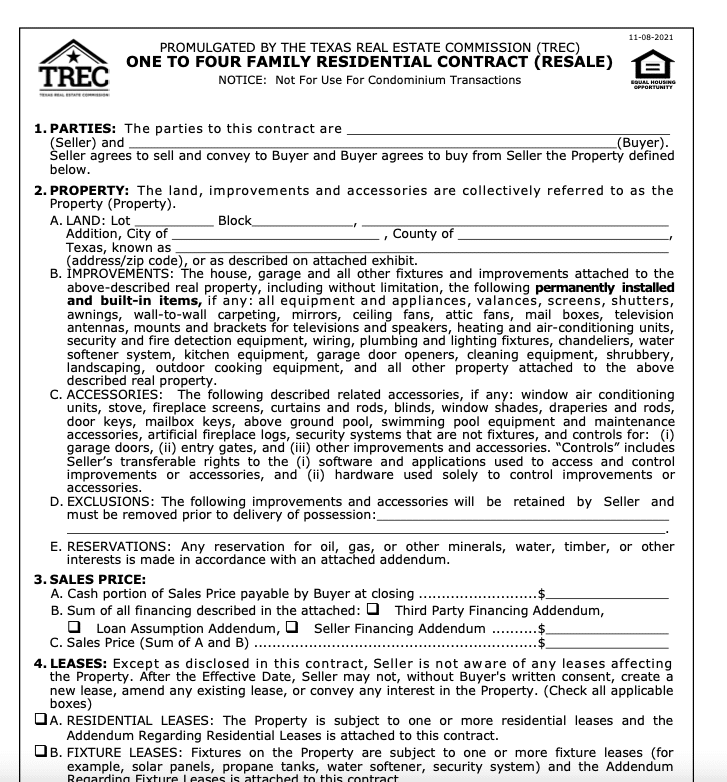Conduct inspections, appraisals, and closing walk-through
Home inspection
Texas contracts typically provide buyers with a period of time during which time they can conduct a limited, “non-invasive” visual inspection of the home.
Don’t worry: this step is a totally normal part of the home sale process. In fact, the vast majority of home buyers (87%) have a home inspection contingency nationwide.
You probably shouldn’t be home for the buyer’s home inspection. There’s a chance the buyer will be attending, along with their agent and inspector.
What do I have to fix?
Sellers usually don’t get to see the buyer’s home inspection report. But the buyer might ask you to fix any defects or serious issues discovered in the inspection. If that’s the case, you can request a copy of the report to see what’s up.
Check with your agent to learn what you’re obligated to fix and the best way to move forward following the inspection.
Termite inspection
Termites are common in Texas, and the buyer might order a Termite and Other Wood Destroying Organism Report (WDO).
Depending on your sale contract, you may or may not be on the hook for the cost of a termite inspection ($100 – $150). Check with your agent for more information.
Appraisal
Lenders often require buyers to get an appraisal to determine the home’s fair market value and to be certain that the home is worth its purchase price.
The appraiser will likely visit your home to take interior and exterior photos, noting any value-adding features or upgrades. They’ll compare your home to recent sales in your area, to determine a fair market value.
You’ll get notified if the appraisal value comes in lower than the buyer’s purchase price. If that happens, you may have to re-negotiate the price with the buyer. (Talk to your agent for advice on dealing with a low appraisal.)
Final walk-through
Buyers usually ask to do a walk-through of the home a day before closing. Don’t worry: the buyer just wants to make sure the home is in the same condition since their last viewing.
Here’s what you need to do before their walk-through:
- Clear out your house entirely if you haven’t yet, removing all personal belongings.
- Repair or patch any damaged drywall, paint, or nail holes.
- Make sure items included in the sale contract are still there (appliances, light fixtures, etc).
- Do some light cleaning if the home is dirty.

.jpg)



.jpg)

